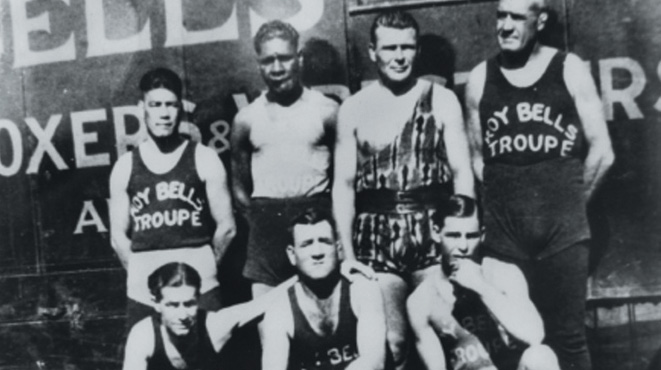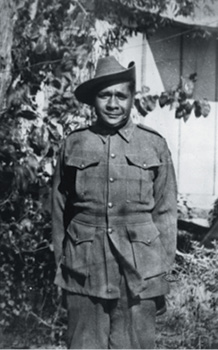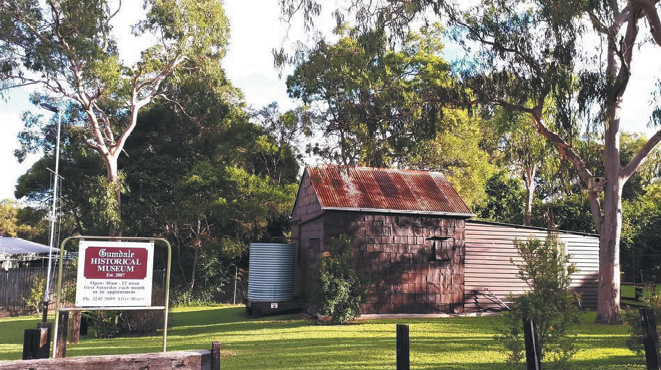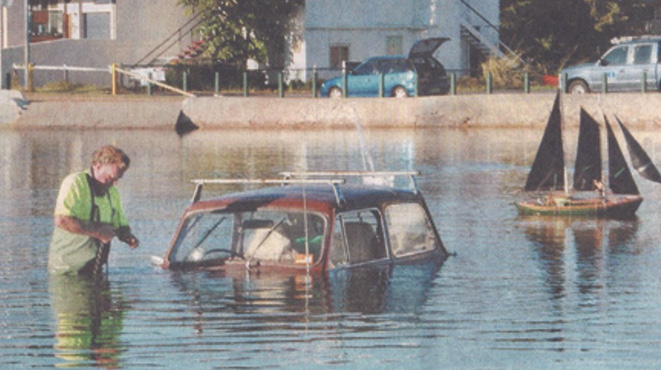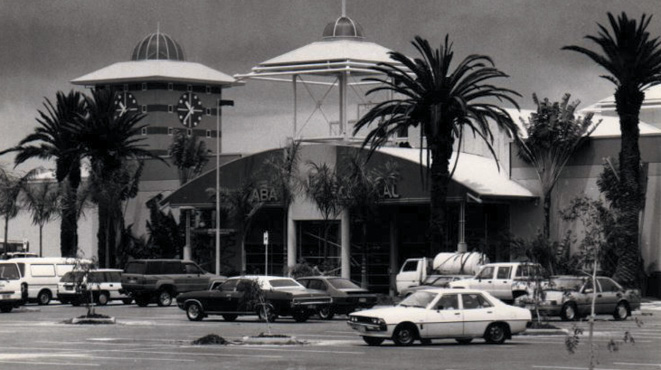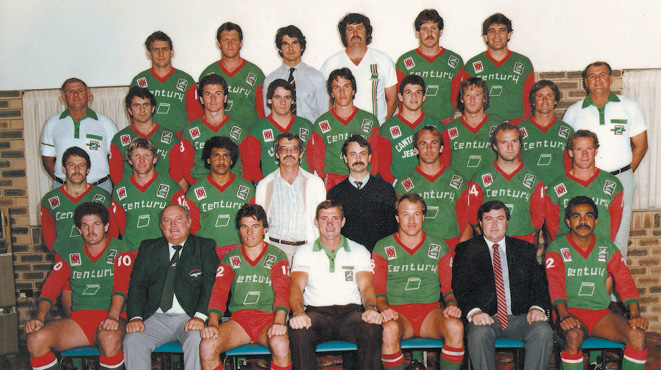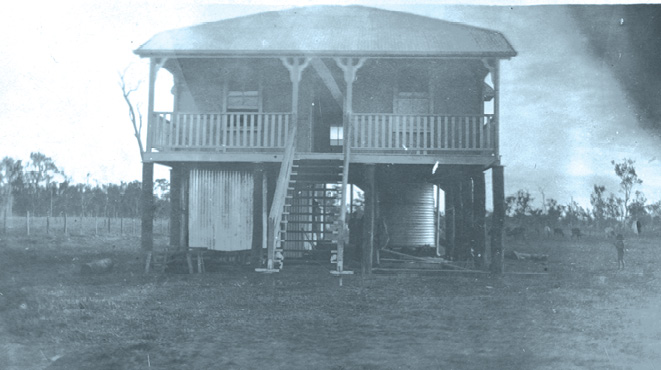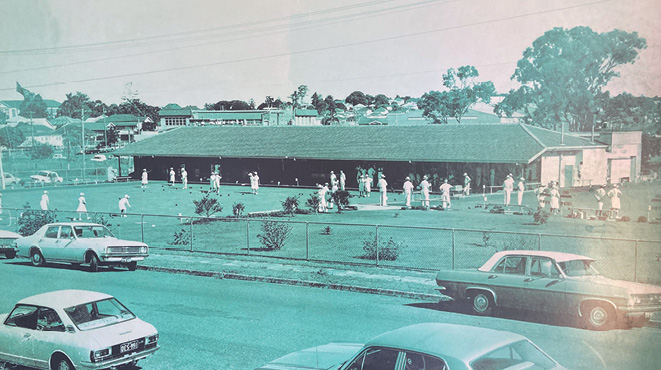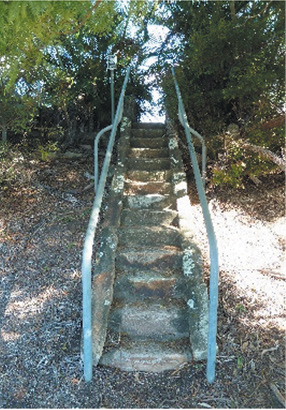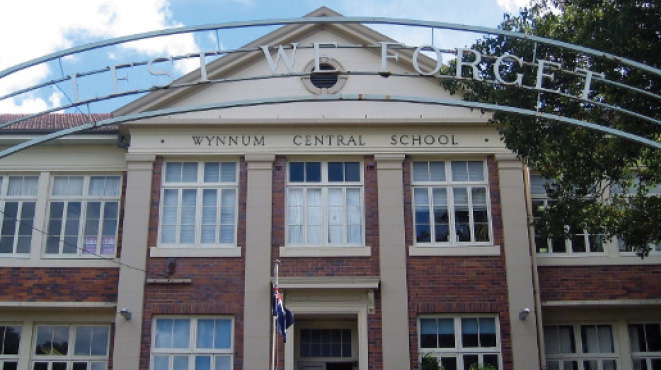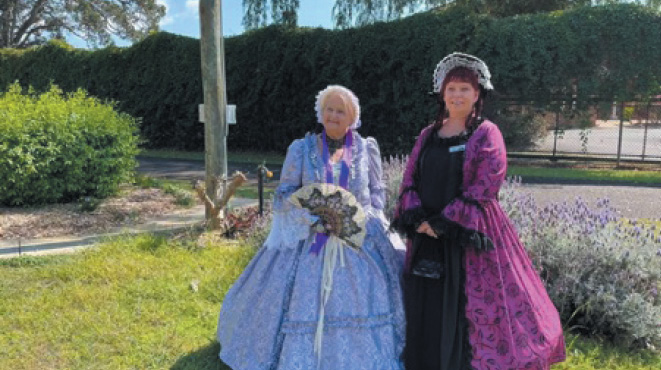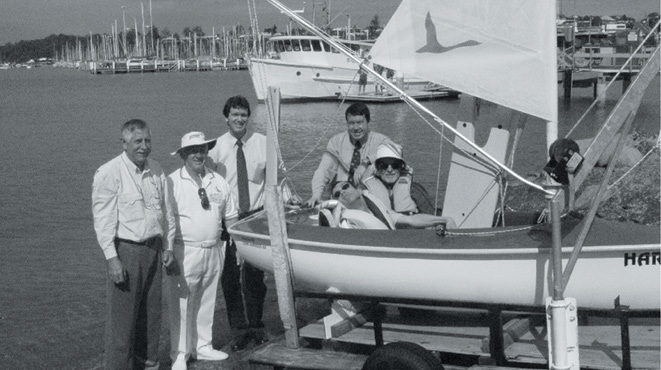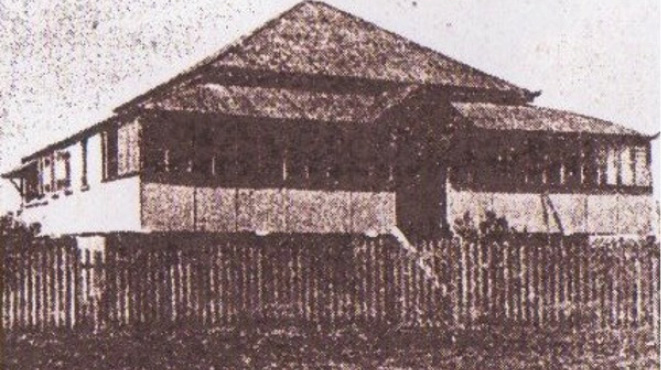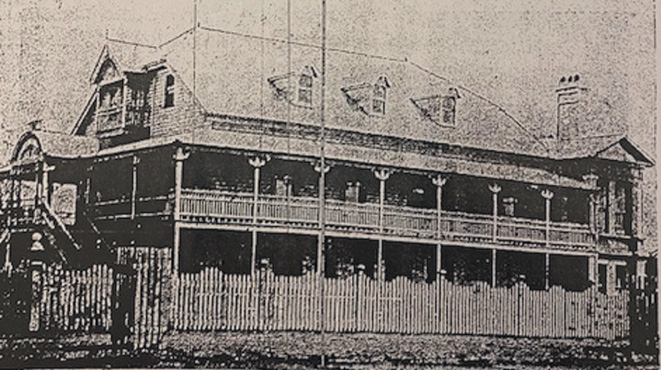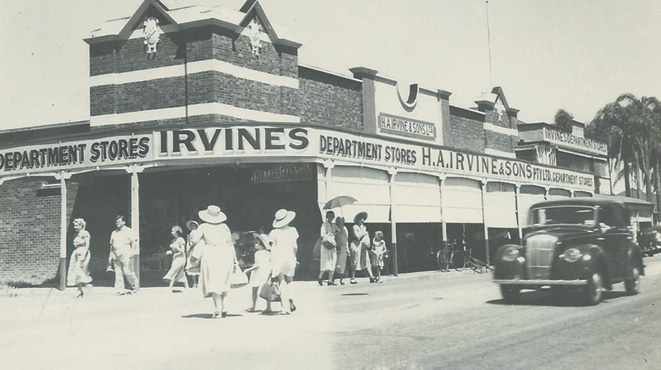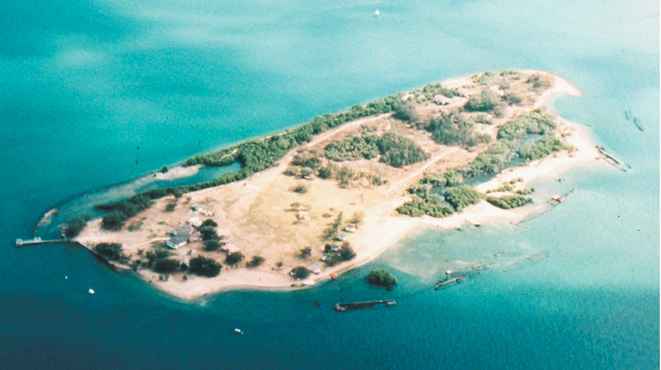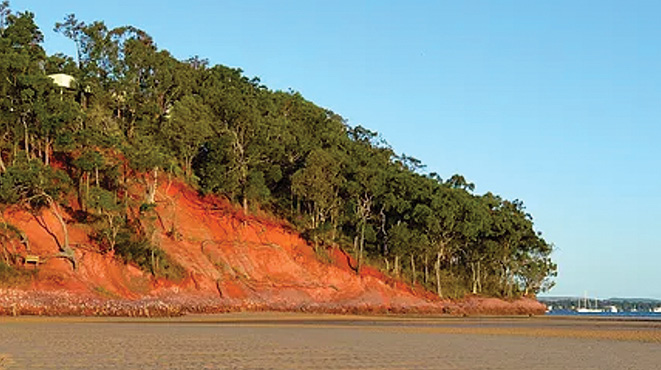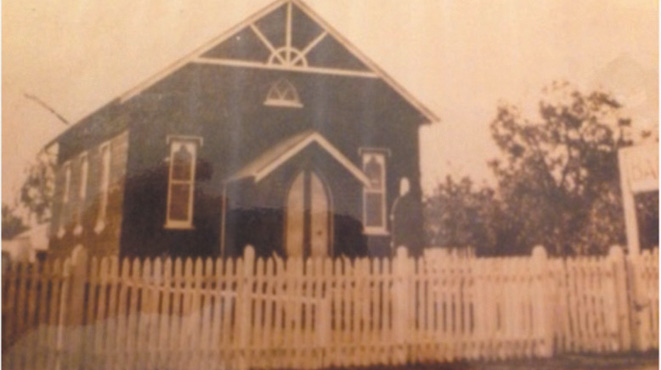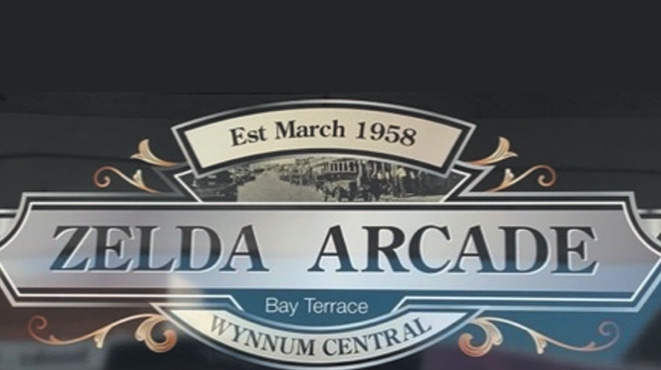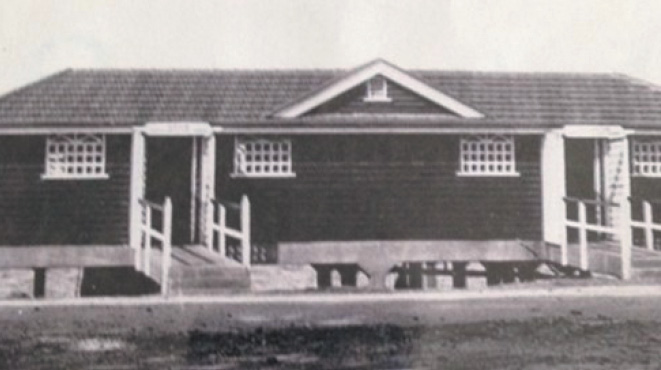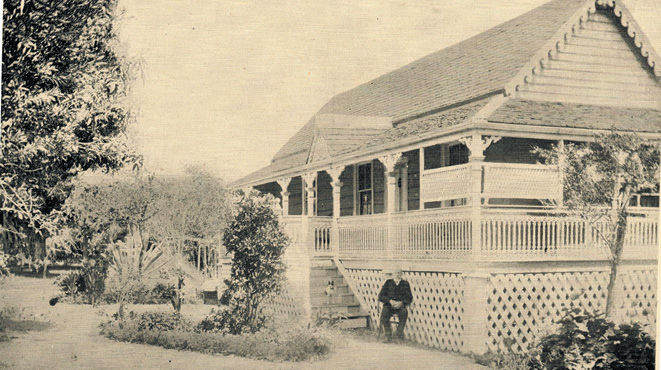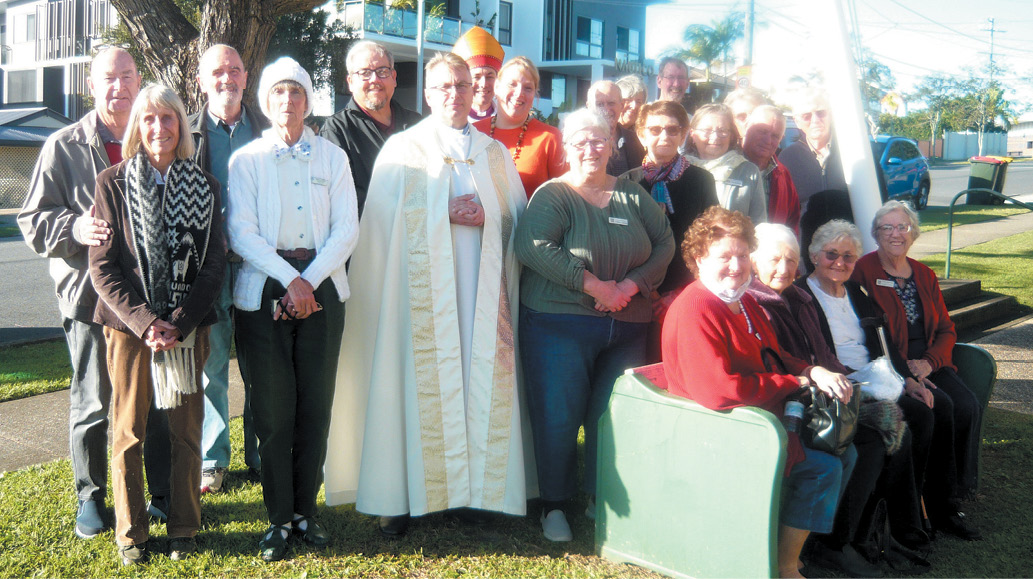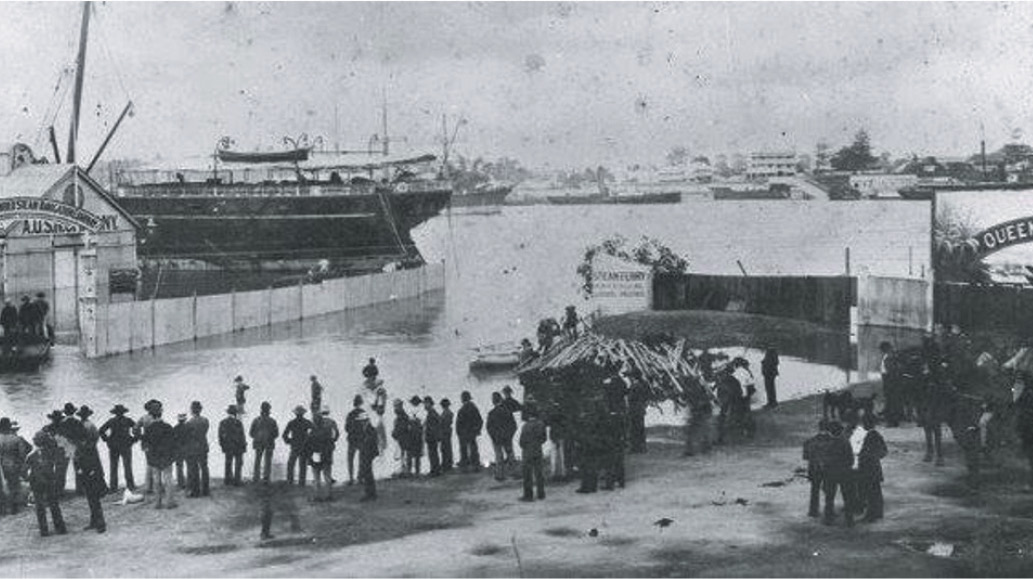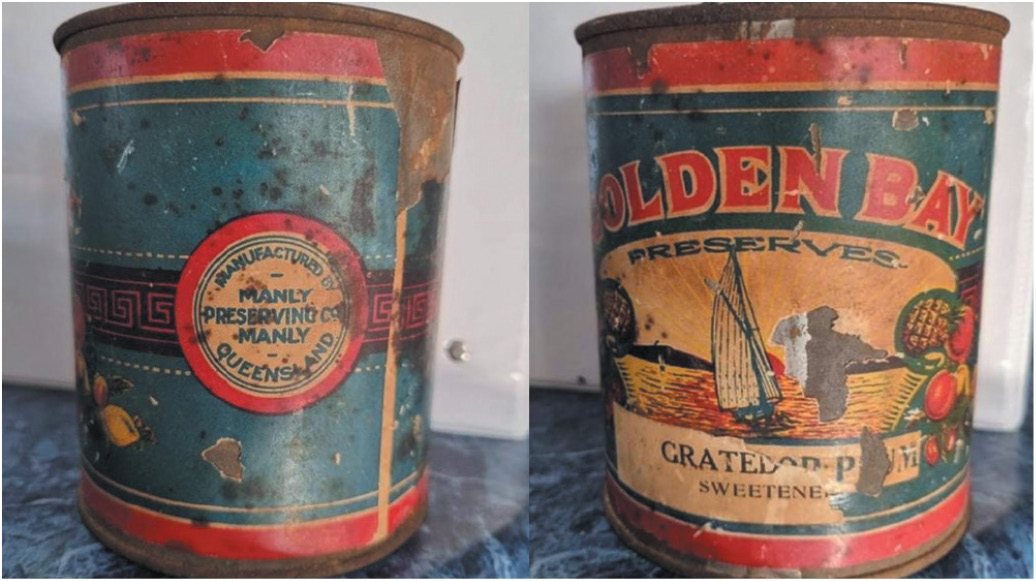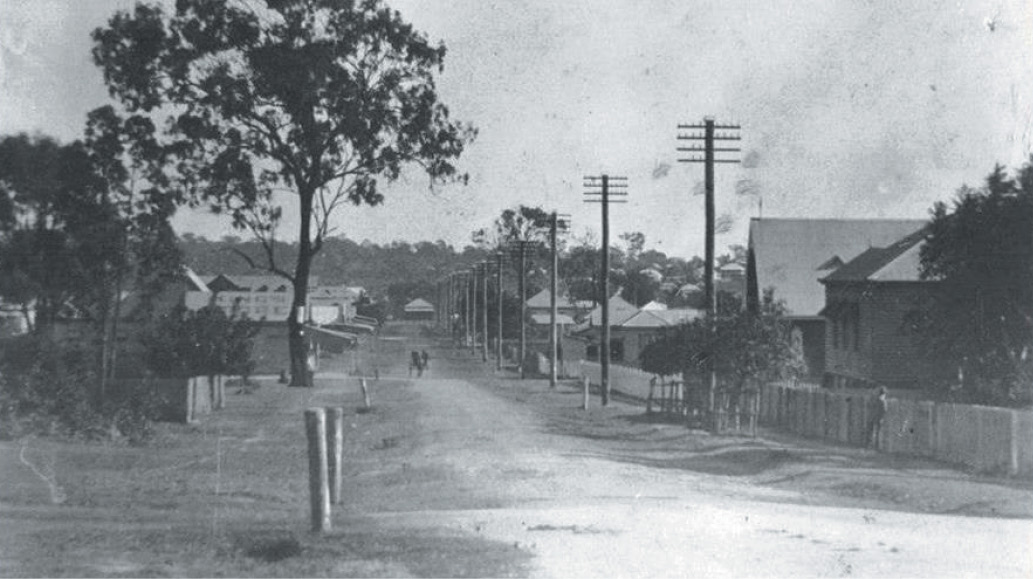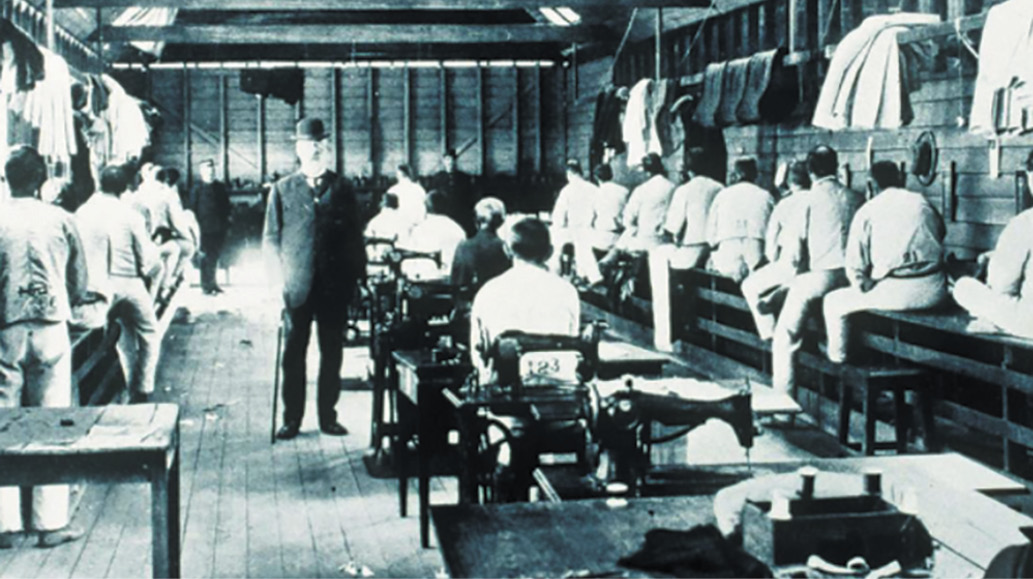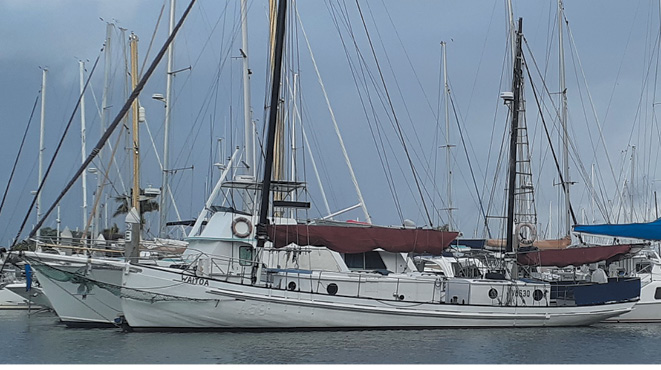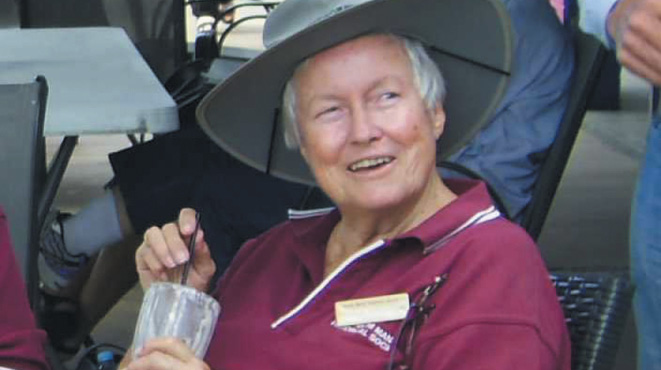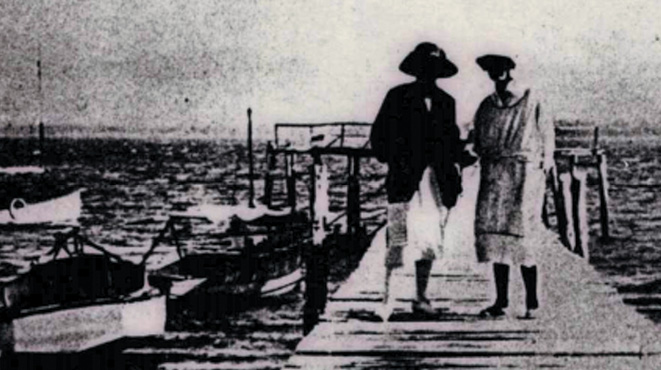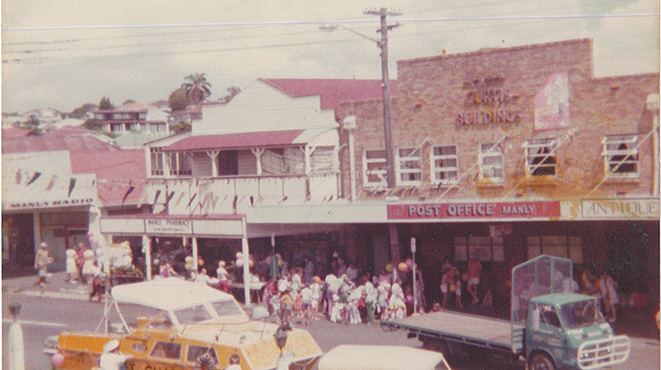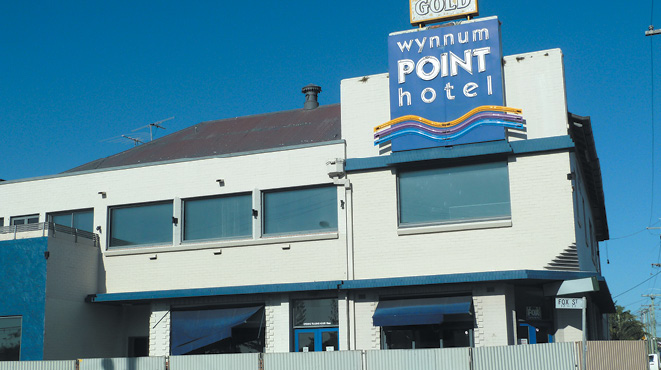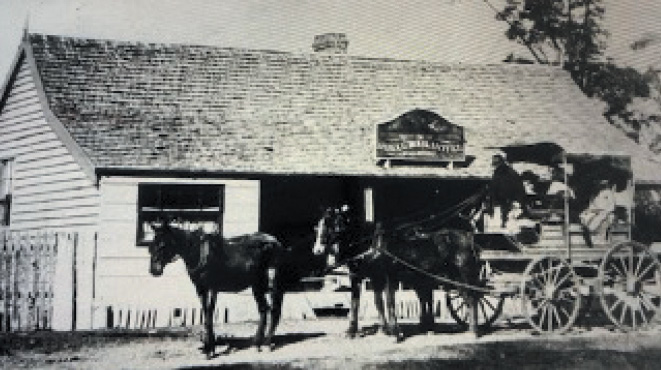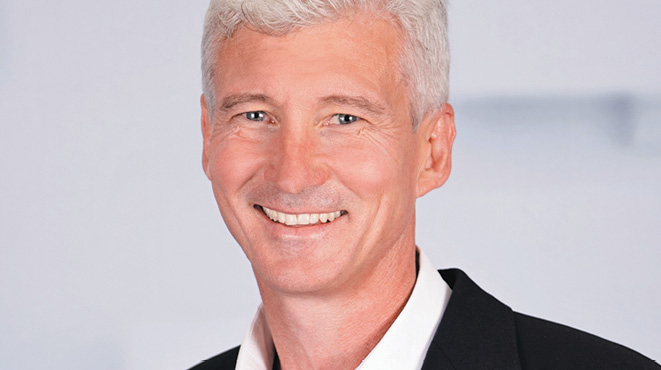Photos: Supplied.
BY DAVID HUGGONSON
Archie Newfong was born 15 October 1910. He was the descendant of the Ngugi people of the Moreton Bay area and a Chinese fisherman. Under a 1902 amendment to Queensland’s Protection of Aboriginals and Restriction of the Sale of Opium Act of 1897, Aboriginal wages were paid into trust accounts at the Government Saving Bank. Withdrawals from these trust accounts could only be made with the written approval of the local protector of Aboriginals or the Chief Protector. The local police sergeants or senior constables were deemed local protectors of Aboriginals in the area covered by their police station.
After considerable pressure from the Australian Workers’ Union, The Chief Protector gazetted regulations on 6 June 1919, which assessed Aboriginal wage values at two-thirds of rates of white workers. This did not apply to Aborigines living on government reserves or missions, who received housing and rations in return for their labour maintaining the settlements at the direction of the managers.
Mainstream Aboriginal workers were covered by the Workers Compensation Act of 1910, but all compensation payments were paid into trust accounts controlled by agents of the Chief Protectors Office. Aborigines were not entitled to the Commonwealth Old Age and Invalid Pensions, as were their fellow British Subjects of European origin. They received federal pensions in 1909 after the Commonwealth Parliament passed the legislation in 1908.
Archie Newfong, like many Aborigines living on North Stradbroke Island, was employed at the Dunwich Benevolent Asylum, which was established in 1865 to provide shelter and care for the poor and needy of Queensland. In 1920 the Aboriginal workers of the institution began a campaign for cash wages, not rations but for equal pay under the awards applying to white employees.
Archie Newfong was a superb sportsman playing cricket and football. He was also a boxer. One year he won the Amity Cup on his horse, “Pet”. The Amity Cup was a horse race along the beach at Dunwich held each year. In 1941 Archie became the heavyweight boxing champion of Queensland.
When Australia entered World War Two in defence of the British Empire, the Military Board on 6 May 1939 issued a memo declaring, “the enlistment of aliens or British subjects of non-European origin or descent was neither necessary nor desirable”. However, once Japan entered the war this policy was quickly dropped. The Courier-Mail of 11 July 1941 ran a story on the enlistment of Archie Newfong and his Dunwich mate G F Enoch.
Aborigines who served in Australian military forces enjoyed the same pay and conditions as white servicemen. For many it was the first time they had received equal pay.
After the war Archie became active in the Incapacitated Servicemen and Women Association serving as welfare officer helping returned diggers put their lives back together. He went on to become State President for seven years from 1977.
Archie and son John were active campaigners during the 1967 referendum, which gave power to the Commonwealth Government to legislate on Aboriginal matters. John went on to become a journalist for a major newspaper and was heavily involved in the 1972 tent embassy in Canberra.
In 1988 Archie Newfong was appalled to hear of the motion moved at the RSL’s national congress by the Victorian president, Mr Bruce Ruxton. The motion called for Aborigines to be race-tested before being allowed to claim government benefits. The motion was widely condemned and Archie campaigned in the Courier Mail on 29 September to have the motion rescinded.
The Courier Mail reported on 22 April 1991, that 80-year-old Archie Newfong had unveiled Australia’s first Aboriginal war memorial in the Jebbribillum Borta Park at Burleigh Heads.
Throughout their lives Archie and his wife Edna campaigned for the betterment of Aboriginal people. His wife was Edna Crouch, who came from a famous sporting family. She had represented Australia in the national women’s cricket team that played England in 1935. Their exemplary lives deserve to be better known.

